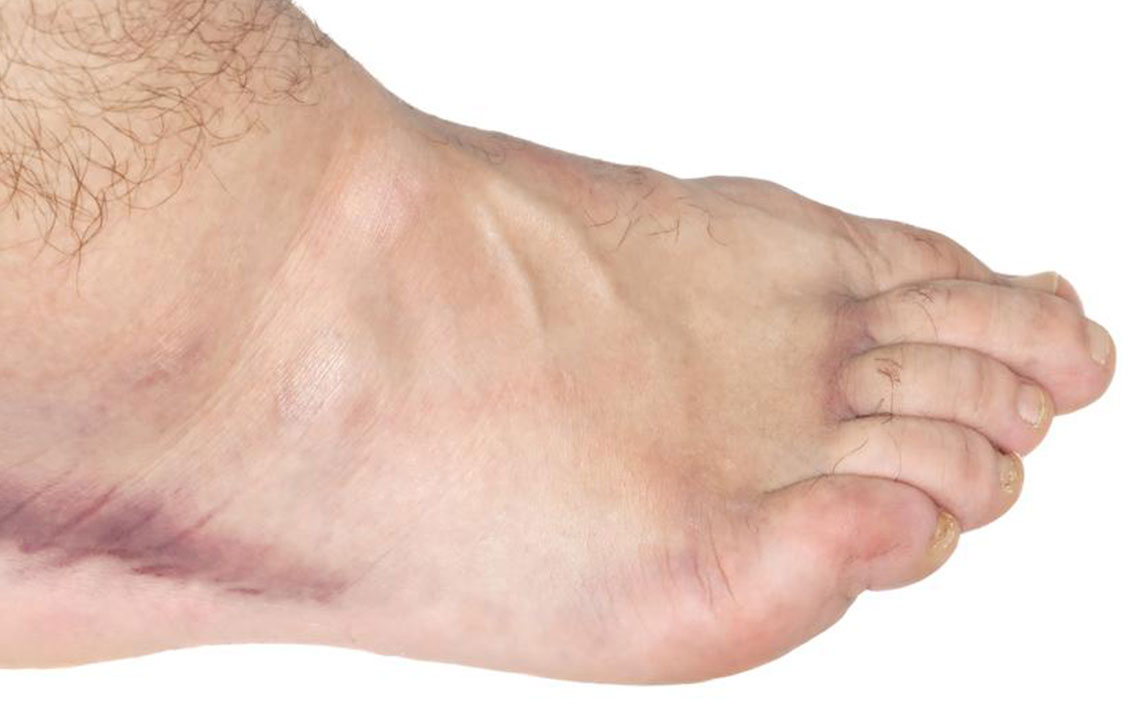Top causes of swollen feet and ankles
The cause of swollen feet and ankles cannot be restricted to a certain type of disease or symptom. Although it is a prevalent condition, it is not defined by one single reason. The cause of swollen feet and ankles is majorly because of, either a condition of fluid retention in the body or a condition of edema. Some of the top causes of swollen feet and ankles include injuries, blood clots, pregnancy complications and medication/drug side effects.

- Pregnancy complications:
It is quite clear that pregnancy adds a certain amount of weight to your existing body weight. This excess weight adds to the pressure on your legs; hence, there could be a case of swollen legs and ankles, and even the feet. A sudden swelling although is not common and could lead to preeclampsia, you must consult a doctor in such a case.
- An injury to the ankle:
Any part of your body that is sprained, hurt or injured swells a little or a lot depending upon the intensity of the injury. The same goes for your ankles; if you manage to hurt your ankle, it could lead to the occurrence of a swelling on your ankle. The most common injury, in this case, is the spraining of an ankle.
- Blood clots:
Blood clots are formed when there is an improper flow of blood through your veins. In any case, if a vein is unable to allow a smooth blood flow it leads to a blood clot. If there is a blood clot in your leg, it will stop the flow of the blood back to the heart, subsequently resulting in a swelling of your feet or the ankle. You must consult a doctor in such a case and get the necessary medical help.
- Medication/drug side effects:
Medications and drugs are often used to recover from a disease, but they also have several side effects which can affect the body negatively. One of these side effects is swelling of the ankles or feet, here is a list of drugs that might cause swollen feet and ankles as a side effect:
- Hormonal medication
- Medication that blocks the calcium channels; generally, a drug that includes nifedipine.
- Steroids that include corticosteroids, like prednisone, as well as androgenic and anabolic steroids.
- Diabetes medication
- Antidepressants
In any case, consulting a doctor is always advised. You must get the best possible help for your condition!




